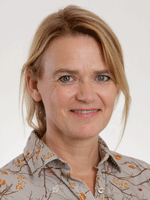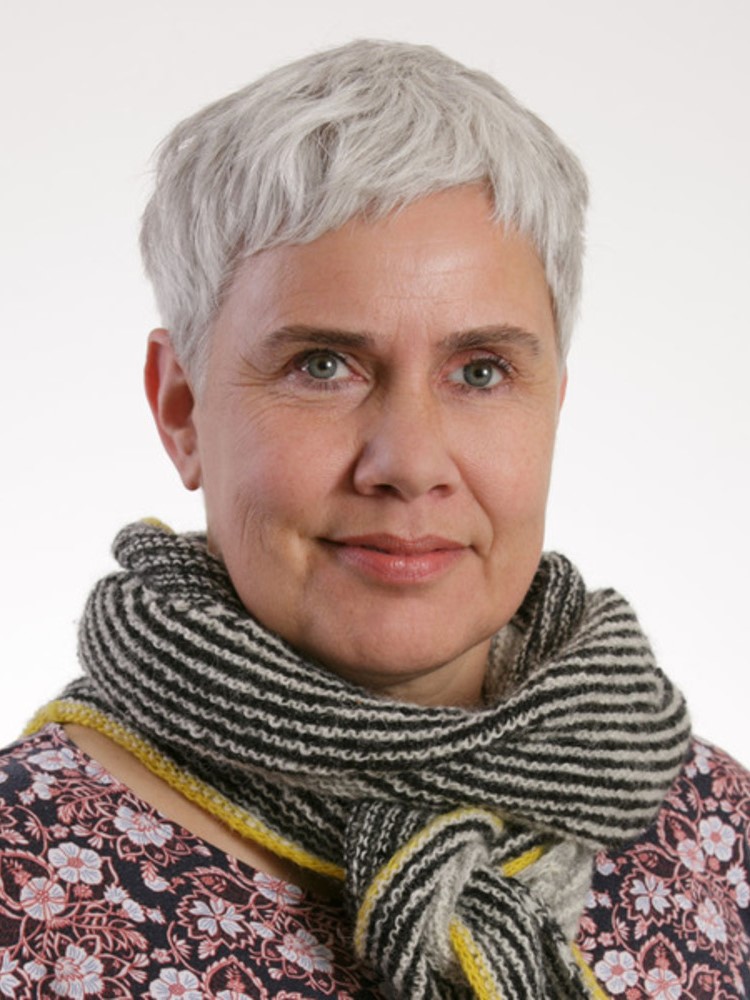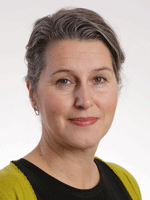Menntakvika is an annual conference on educational issues held by School of Education at the University of Iceland. This year the conference took place on Zoom 1 and 2 October. This is the biggest educational conference in Iceland, with about 2500 participants. It offers a forum for discussion between academics, practicing teachers, principals and specialists in educational administration institutions.
The Icelandic QUINT research group presented results from selected parts of the research project in four lectures at Menntakvika, the main educational conference in Iceland.
In their presentations the researchers drew on analysis of video recordings and student questionnaires.
The first lecture focused on purpose and feedback from teachers, and the second one directed attention to intellectual challenge in mathematics lessons. The characteristics of lessons that students see as being well managed was the core of the third lecture, and the fourth one focused on quality teaching for plurilingual students.
This year the conference had a record number of presentations, 340 in 87 online seminars, and recordings of many of the lectures are still available on the conference website. Below are short summaries of the QUINT presentations.
Title: Let´s finish page 38, excellent! Purpose and feedback from teachers in lower

secondary education - video recordings.
Authors:
Birna María Svanbjörnsdóttir, Assistant Professor
Sólveig Zophoníasdóttir, Adjunct, The University of Akureyri.
Summary of the presentation:
Research on quality in teaching (QUINT) in Norway, Sweden and Finland indicate a clear connection between purpose and feedback and its quality in the classroom. There, these elements mainly score on level two in PLATO.

In Iceland, the situation seems similar, though with some exception between subjects were
the score on level one is frequent and the connection between the elements is not clear. In the presentation the PLATO frame for purpose and feedback were introduced as the first results concerning those elements in the Icelandic classroom video recordings (LISA study).
Title: Intellectual challenge in mathematics lessons.
Authors:

Berglind Gísladóttir, Lecturer
Jóhann Örn Sigurjónsson, PhD student at The University of Iceland.
Summary of the presentation:
The focus of this presentation is the level of intellectual challenge offered to students in lower secondary mathematics lessons in Iceland.We discuss our findings regarding intellectual challenge as it appeared in 34 observed mathematics lessons.
We analysed mathematical tasks offered to students and how these tasks

were enacted in the classroom. Our findings showed that mathematics teaching in Iceland focuses mostly on tasks where procedures for how to solve the tasks are either explained explicitly by the teacher or by examples in the learning materials. Lessons where we found intellectual challenge to be at a high-level, students worked in pairs and the whole class was working on the same tasks, giving room for mathematical discussions among students. However, our findings also indicate that too much time is devoted to procedural lessons at the cost of critical thinking, intellectual challenge and classroom discourse.
Title: Classroom and time management. What are the characteristics of lessons that students see as well managed?

Authors:
Anna Kristín Sigurðardóttir, Professor
Kristín Jónsdóttir, Docent at The University of Iceland.
Summary of the presentation:
Classroom management is often considered to be one of the most challenging tasks for teachers especially those with less experience. The aim of this study is to shed light on the characteristics of lessons that students claim are well ordered by the teacher e.g. concerning student behavior and time management.Video recordings from 120 lessons in Icelandic schools were

analysed using the PLATO observation tool and students’ responses to a survey (N=581). About 50% of students claimed that they most often behaved properly, while about 13% considered that student behavior was often or always a problem. About 60% of lessons were rated very good (at level 4) according to PLATO, and an interesting difference appeared between subjects. Students considered lessons well managed if the teacher was friendly and showed respect even though other elements at PLATO scored relatively low, like intellectual challenge.
Title: What characterizes quality teaching for plurilingual students?
Authors:

Hermína Gunnþórsdóttir, Professor, The University of Akureyri
Kristín Jónsdóttir, Docent, The University of Iceland.
Summary of presentation:
The focus of this presentation is on students who do not have Icelandic as a mother tongue and how findings from the LISA data might benefit this group of students. Plurilingual students with immigrant backgrounds have shown less successful academic performance in standardized tests in Iceland.
It has been argued that compulsory schools have failed to fulfill their educational needs

compared to native students. We looked at four elements in PLATO that can give an indication of the educational conditions for these students: Classroom Discourse, Modelling, Accommodation for Language Learning and Strategy Use and Instruction. Only scores in Icelandic lessons were analyzed, in total 104 fifteen minute segments. We discussed how the above-mentioned elements in PLATO relate to pedagogical approach that can make a difference for plurilingual students, enriching their learning experience.
